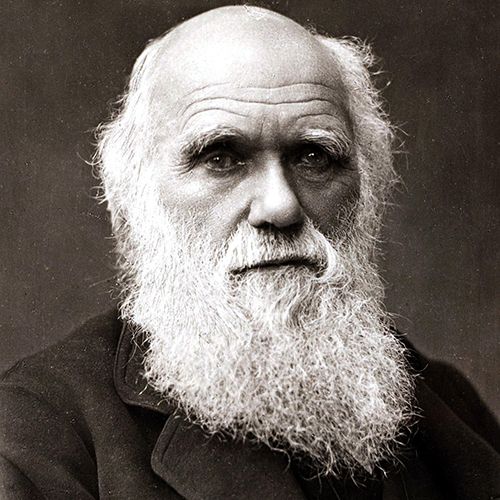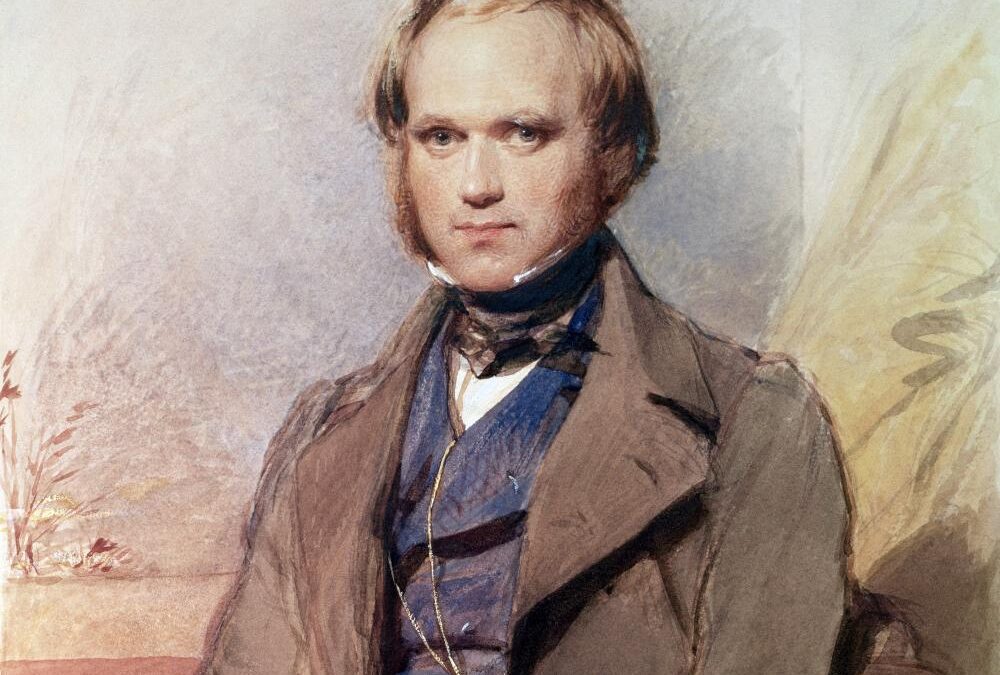Today, Feb. 12, marks the 215 anniversary of the birth of Charles Darwin.- 1809 – 19 April 1882
I celebrate this day because of the tremendous, work, insight and ethical wisdom of this great British scientist. His discovery of evolutionary theory first published in the Origin of Species in 1859 solved many problems for his contemporaries. In addition it blazed a path of discovery for all of us immersed in the interdependent web of life.
Prior to Darwin, it was hardly conceivable to image life on Earth without the omnipotent hand of a divine being to which Creation could be ascribed. Scientists then, as today, find inspiration, wonder and awe at the interdependent complexities of life on Earth. But how could a system of such complexity have arisen without a Creator?
Thus, it wasn’t logical nor technically (much less politically) possible to be atheist. Someone, or something, must have been the original creator of such a complex system. This quandary led to the rise to Deism, a belief that there was/is a Creator, but that Creator is either too busy or unwilling to interfere in human and indeed all earthly activities. Thus, petitionary prayers or adorations are both unnecessary and unfruitful.
However, with the understanding that over very long periods of time, natural selection, fuelled by environmental change, epigenetic forces and the survival of the fittest led to the evolution of life from single celled organisms to all living things on earth today.
Darwin’s insights did not come from a single eureka moment, but rather evolved through his research, study and correspondence. He did not publish the Origin of Species until 1836 – 23 years after returning from his five year fact gathering excursions in the Southern hemisphere. There are likely many reasons for his delay in publication. But one of these was his insight that accepting life on earth as a product of evolution and not a theist creation would be profoundly disruptive. Those who would find this challenging included his church-going wife and many in the rural community in which he lived. I think Darwin had no great desire to undermine anyone’s faith – a characteristic of Unitarians to this day. He wrote “though I am a strong advocate for free thought on all subjects, yet it appears to me (whether rightly or wrongly) that direct arguments against Christianity & theism produce hardly any effect on the public; … It has, therefore, been always my object to avoid writing on religion, & I have confined myself to science. I may, however, have been unduly biased by the pain which it would give some members of my family, if I aided in any way direct attacks on religion.”
Darwin was able to change the deepest understandings of the nature of life but not through revelation, prayer or mysticism. Only through science, study and contemplation can we be “brought somewhat near to that great fact—that mystery of mysteries—the first appearance of new beings on this earth.” —Charles Darwin, Journal of Researches, 1845
Darwin bravely shared in 1859 an enlightening but challenging truth that many object to – even in 2024.
Happy Birthday and thanks, Charles!


